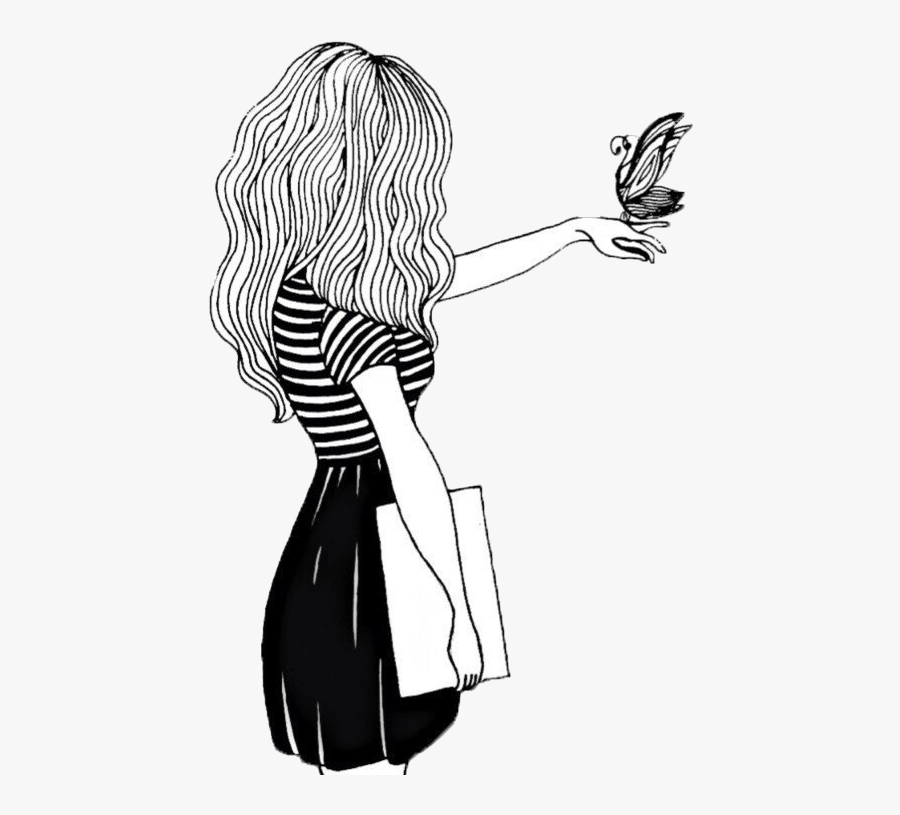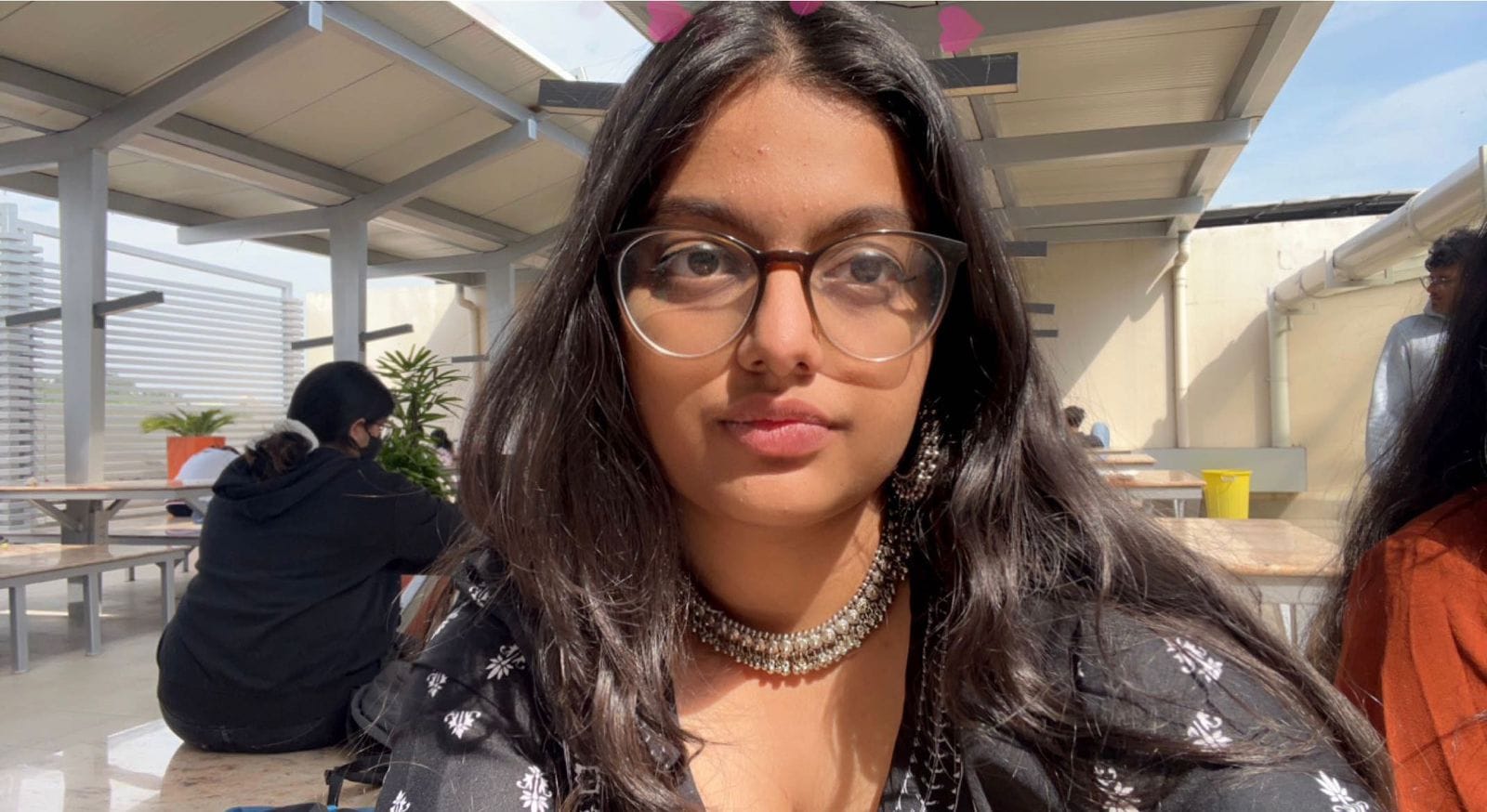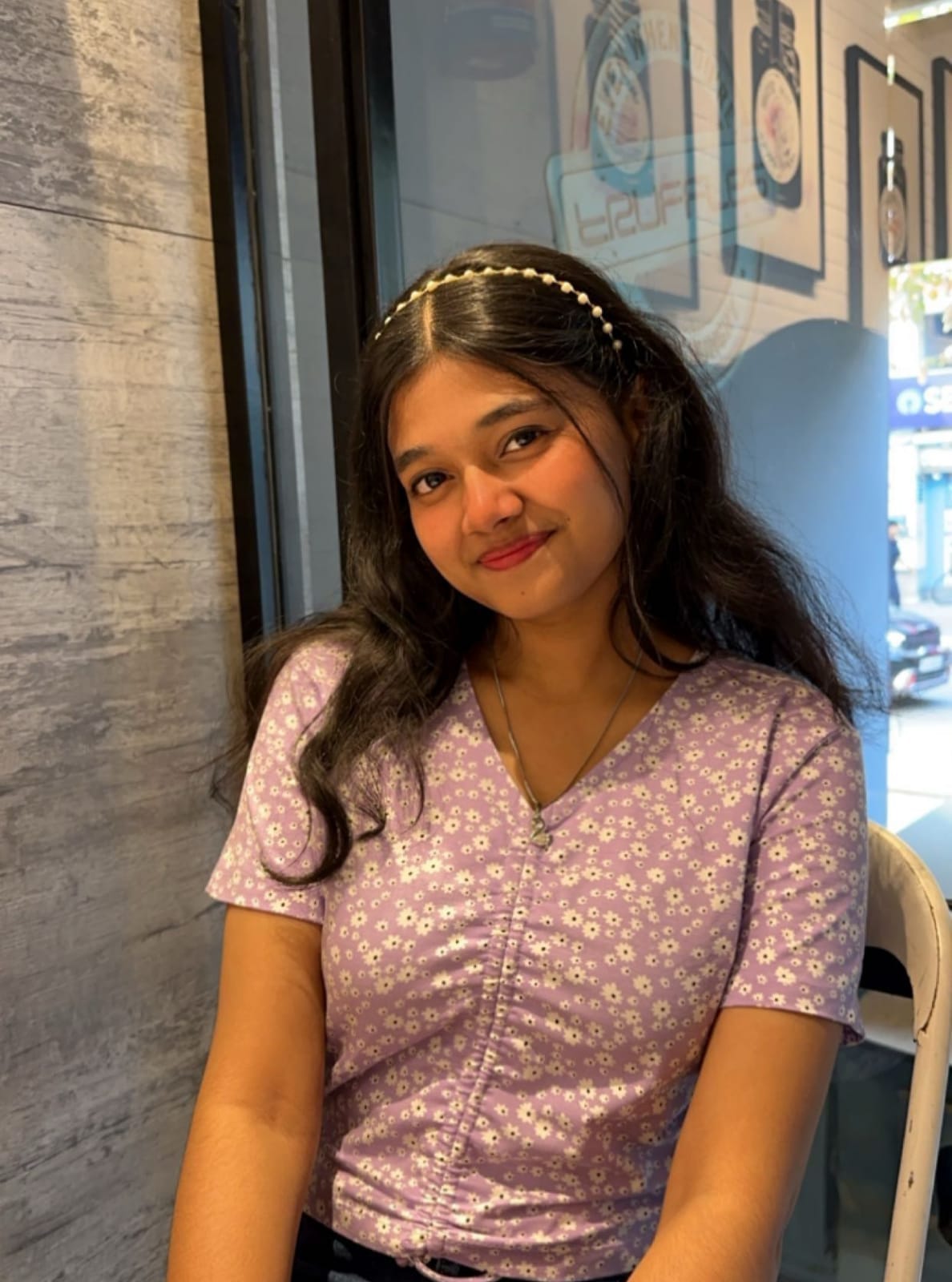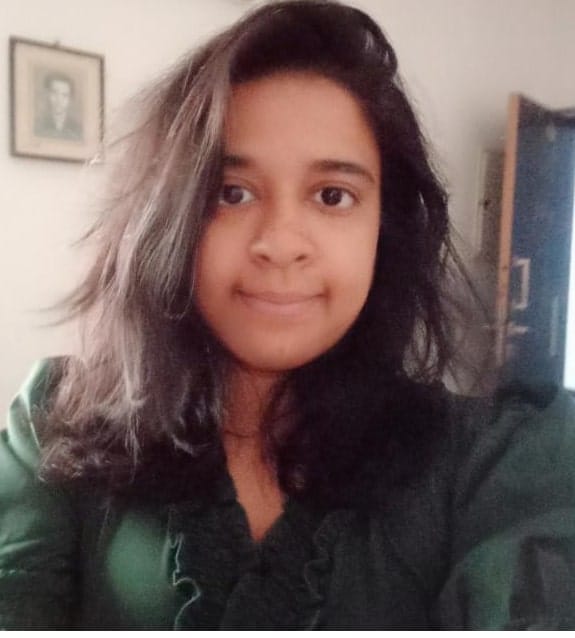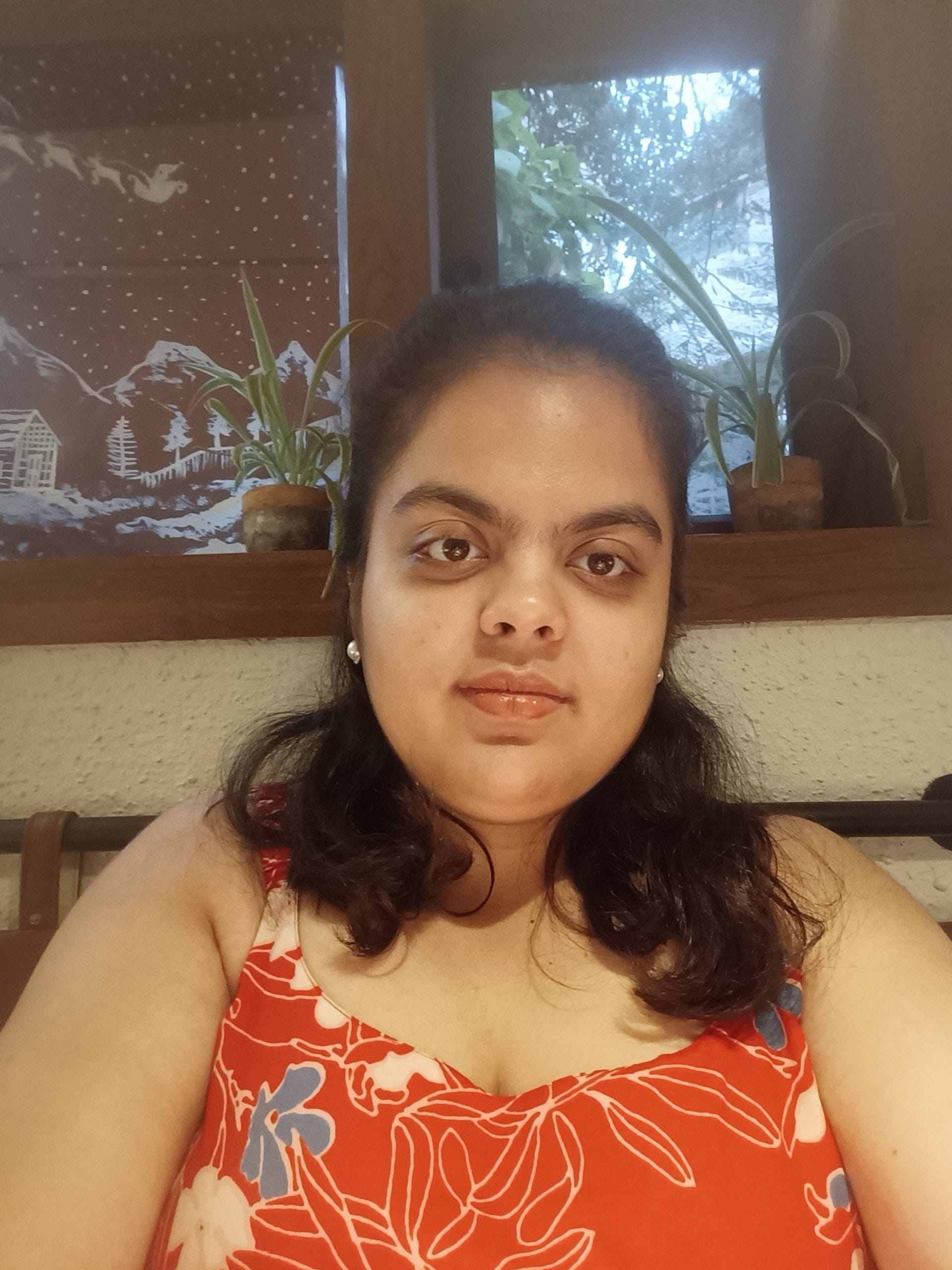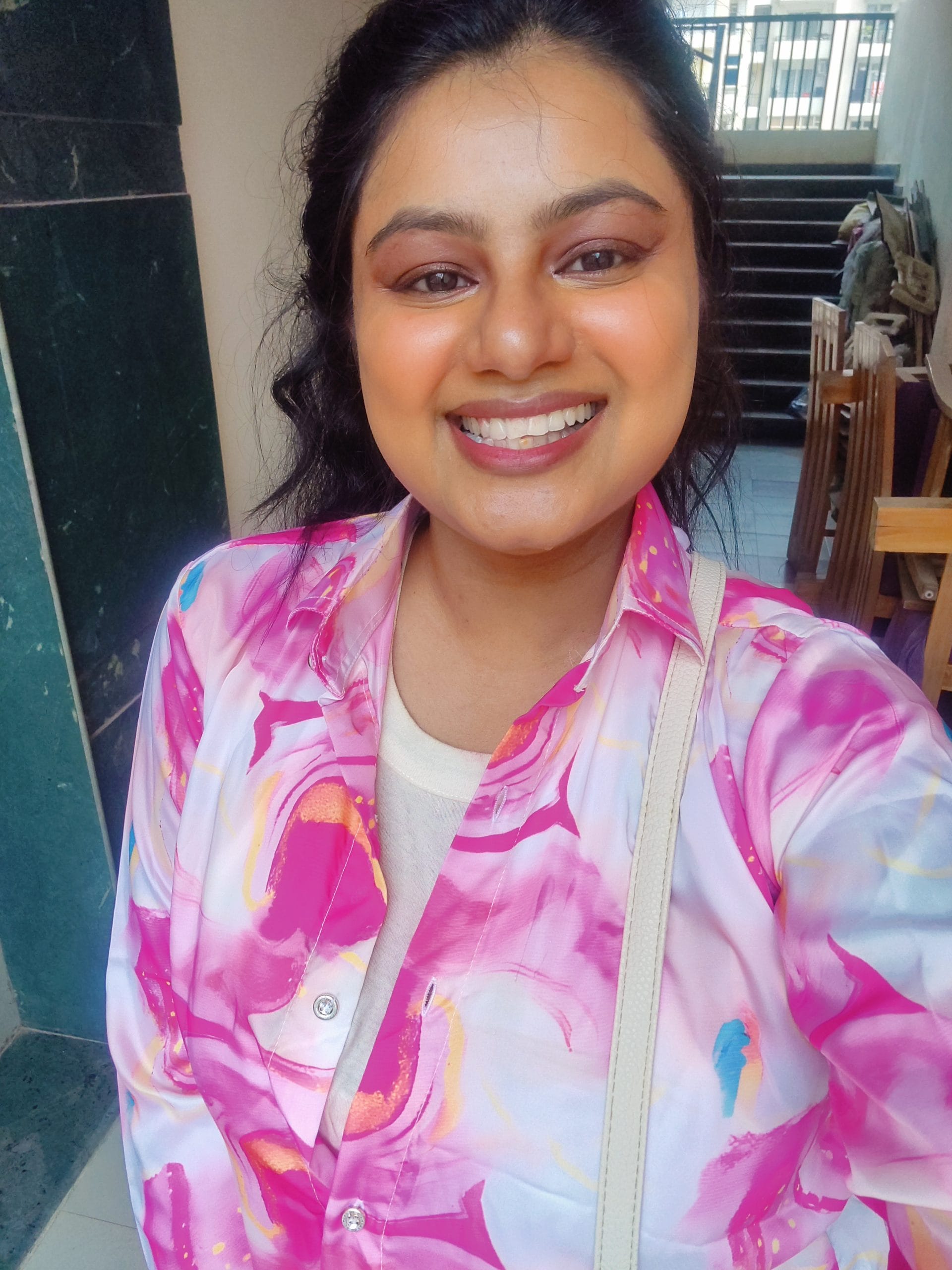From Paper to Power: How South Asian Literature Empowers Mental Wellness
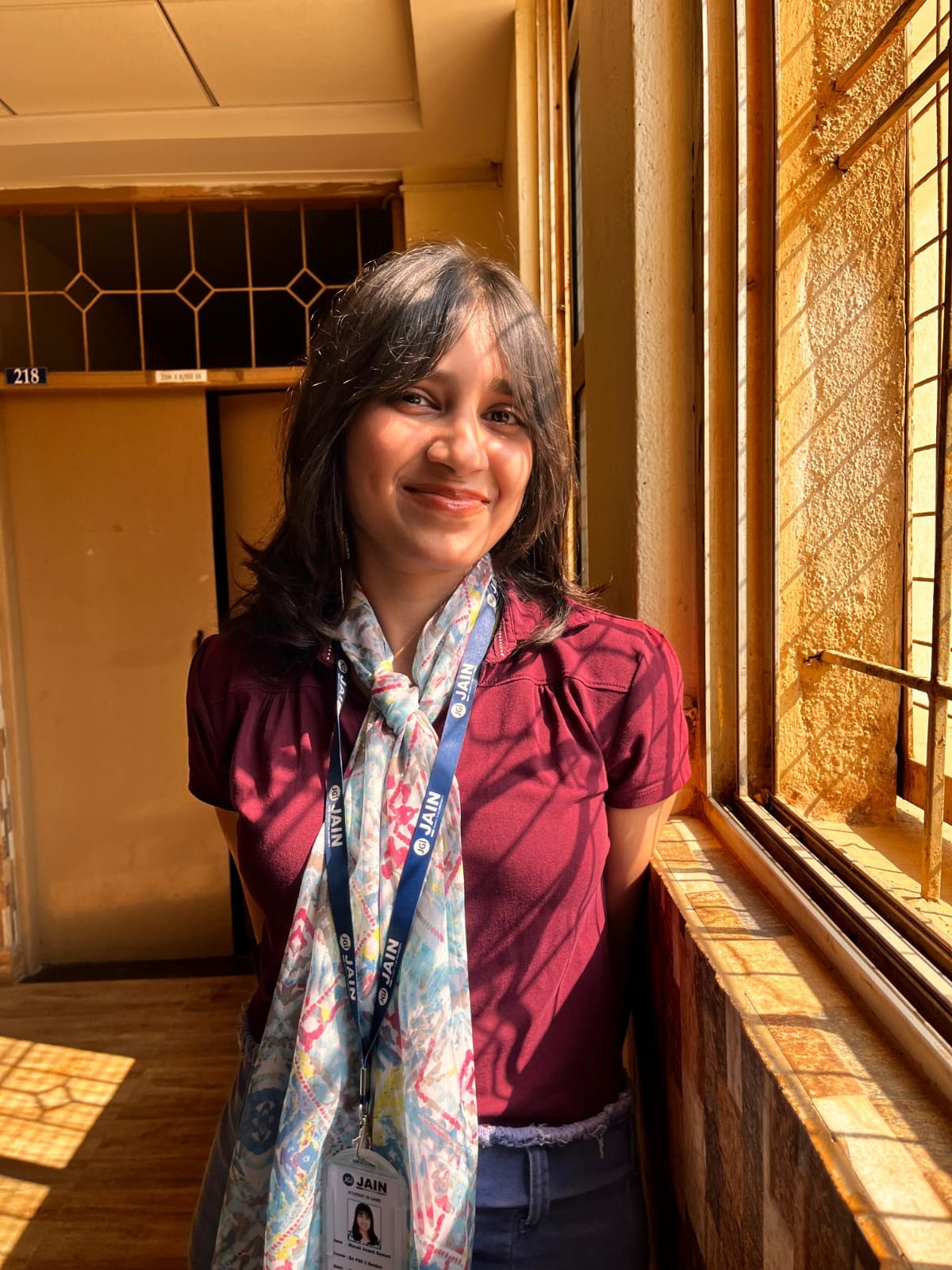
Manali Sawant
June 21 , 2024

South Asian culture is known for its emphasis on academic and professional success, but this pressure to succeed can often lead to silence about mental health issues. The story of Neil Grover, a young Indian man who took his own life, is a tragic example of this silence. His suicide note read, "I had everything, but life is a double-edged sword. If I tell everything, I will lose everything." This cryptic message highlights the fear of speaking out about mental health struggles in South Asian communities.
In South Asian culture, there is a strong emphasis on "toughing it out" and not showing weakness. This can lead to a lack of open conversations about mental health and a stigma surrounding mental illness. The phrases "keep going" and “stay positive” are often used to encourage individuals to push through their struggles, rather than seeking help. This attitude can be damaging, as it can prevent individuals from seeking the help they need.
The pressure to succeed can lead to anxiety. depression, and other mental health issues. However, these issues are often swept under the rug, and individuals are encouraged to focus on their achievements rather than their struggles.
What is the Role of Literature and Story-telling in Mental Health Awareness in South Asia?
In South Asia, literature has long been a powerful tool for social commentary and change. By exploring mental health issues through literature, we can work towards a more nuanced understanding of these issues and promote greater awareness. Moreover, literature and storytelling can also provide a safe space for individuals to express themselves, reducing feelings of isolation and shame. By sharing our stories and experiences, we can break the silence surrounding mental health and work towards a more supportive and inclusive community.

Photo by Jaredd Craig Team on Unsplash
For instance, the South Asian Sexual & Mental Health Alliance (SASMHA), a non-profit organisation, has been using literature and storytelling to raise awareness about mental health issues in the South Asian community. Their blog features personal stories of individuals who have struggled with mental health issues, providing a platform for them to share their experiences and connect with others who may be going through similar struggles.
Breaking Down Stigmas
Literature and storytelling have the ability to humanise mental health issues, making them more relatable and accessible to a wider audience. By sharing personal stories of struggle and triumph, individuals can break down stigmas surrounding mental illness and encourage others to do the same.

Photo by Dan Meyers Team on Unsplash
For instance, "The Party Worker" by Omar Shahid Hamid is a novel that delves into the world of politics and mental health in Pakistan, highlighting the ways in which power struggles and corruption can impact mental wellbeing. Hamid's work is a testament to the importance of creating safe spaces for open conversations about mental health.
Raising Awareness
Literature and storytelling can raise awareness about specific mental health issues, such as eating disorders, anxiety, and depression. By sharing personal experiences and stories, individuals can educate others about the signs, symptoms, and treatment options for these conditions.

Photo by Emily Underworld Team on Unsplash
Aparna Verma's "The Boy with Fire" is a poignant exploration of the mental health struggles faced by young South Asian men. Through a series of vignettes, Verma delves into the complexities of identity. culture, and belonging, highlighting the ways in which these factors can impact mental health. Her work is a powerful reminder of the importance of creating inclusive spaces for mental health conversations.
Providing a Platform for Marginalized Voices

Photo by Etienne Girardet Team on Unsplash
Literature and storytelling can provide a platform for marginalized voices to be heard, including those from the LGBTQ+ community, individuals from low-income backgrounds, and those from ethnic minorities. By sharing their stories, these individuals can raise awareness about the specific mental health challenges they face and promote greater understanding and empathy.
Veena Ramaswamy's "Beyoutifully Empower" is an empowering collection of stories, poems, and essays from South Asian women who have overcome mental health challenges.
"The Good Muslim" by Tahmima Anam is another novel that explores the complexities of identity, culture, and mental health in Bangladesh, delving into the experiences of a Bangladeshi family during the Liberation War. Anam's work sheds light on the long-term impact of trauma on mental health and the importance of seeking support.
The Power of Reflection
Literature and storytelling can promote reflection and self-awareness, encouraging individuals to examine their own mental health and well-being. By sharing personal stories of struggle and triumph, individuals can inspire others to reflect on their own experiences and seek help when needed.

Photo by Tim Mossholder Team on Unsplash
Shachi Kaushik's "Diwali in My New Home" is a heartwarming story about a young girl's journey towards healing and self-discovery. Through In her story, Kaushik explores the importance of mental health awareness and support in South Asian communities, highlighting the ways in which storytelling can be a powerful tool for promoting positive change.
Literature has also been used as a form of therapy and healing. Bibliotherapy, a form of therapy that uses literature to promote mental health and well-being, has gained popularity in recent years. This approach recognises the therapeutic potential of literature and its ability to provide comfort, solace, and healing. As we continue to navigate the complexities of mental health, it is essential that we recognise and make use of literature and storytelling as a means of promoting awareness and positive change.
For more support, reach out to a mental health professional at Heart It Out.
Keep Reading
Started reading,
found my glow!
New blogs dropping soon – Sign up!
© EmbraceWell. All rights reserved


